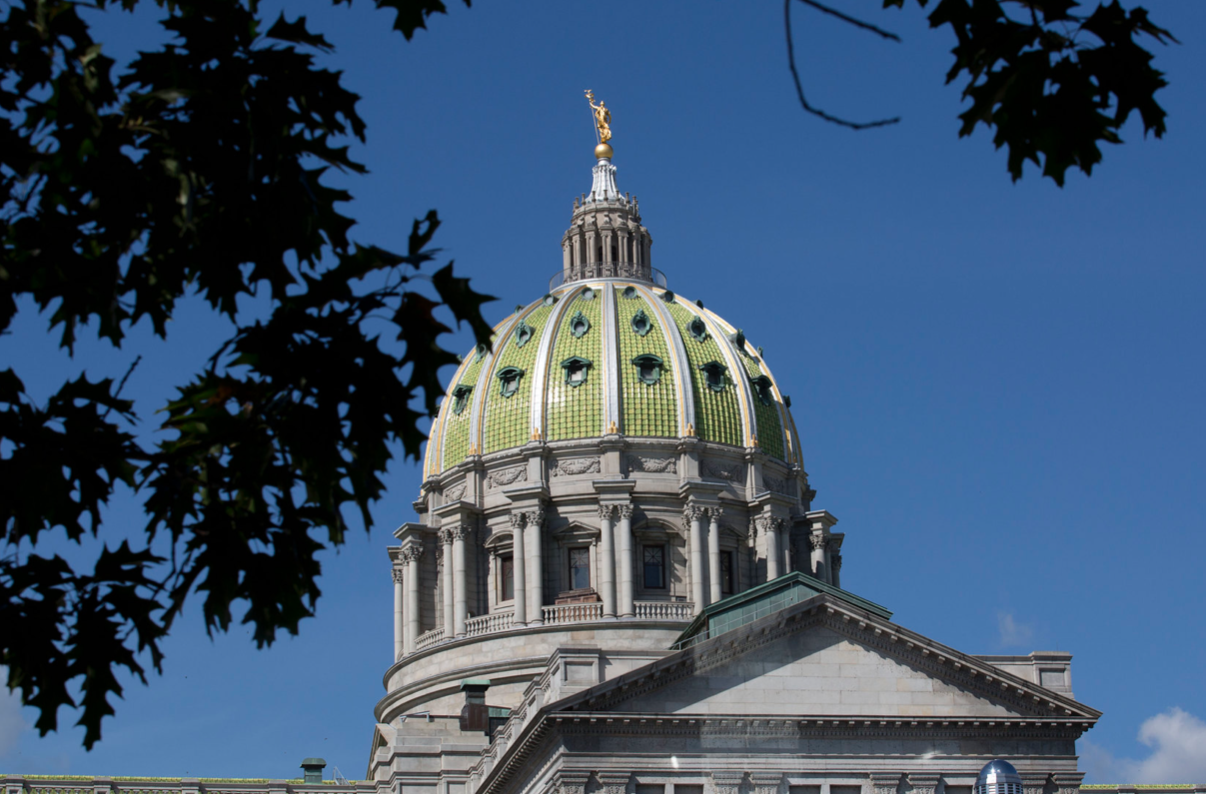Delco Senators Move to Ban For-Profit Hospitals in PA

Does the ownership of a hospital matter to patients? Is it better to have a for-profit hospital serve residents than no hospital at all? These issues are under consideration in the state Senate.
A group of Democratic senators is proposing to ban for-profit healthcare facilities in the state, claiming that profit-seeking hospitals are laying siege to healthcare in Delaware County and the rest of Pennsylvania.
SB546 would, if passed, “prohibit for-profit entities from owning or managing hospitals in Pennsylvania,” the senators said in a sponsorship memorandum.
The legislative effort began last year with a bill that ultimately died in committee. Its passage this year would “allow for better management and organizational practices for hospital systems, lower healthcare costs for Pennsylvanians, accessible healthcare for constituents,” the senators claim.
In their memorandum, the senators cited Crozer Health’s 2022 closing of Delaware County’s Memorial Hospital, a decision that generated considerable controversy in the region. An appeals court just last month said the closure could proceed.
“Prospect Medical Holdings, the private equity firm that purchased Crozer Health, has a history of acquiring hospitals, siphoning funds from the hospitals to generate substantial owner dividends, and then selling the hospital and health system real estate assets in sale-leaseback agreements to pay for extraction of wealth,” the senators claim in the memo.
Crozer Health announced last year that it would move to turn the hospital into a mental health facility, arguing the project would “align with patient-centric care, focused on essential services, and expanded behavioral health care access and services.”
None of the senators listed on the memoranda—John Kane, Timothy Kearney, Anthony Williams, and Amanda Cappelletti—responded to requests for comment on the bill, which has been referred to the Senate Health & Human Services Committee.
The bill’s text bluntly states: “A for-profit entity may not own or manage a hospital or health system in this Commonwealth.”
Healthcare economist Robert Graboyes of RFGCounterpoint isn’t impressed by the plan.
“To some ears, a ban on for-profit hospitals sounds like a good idea. But in reality, it’s an unusually crude policy action, and one that would most likely prove counterproductive in terms of costs, service, and quality,” he told DVJournal.
Liam Migdail, a spokesman for the Hospital and Healthsystem Association of Pennsylvania, said “investor-owned hospitals” play “a crucial role in providing high-quality care for hundreds of thousands of Pennsylvanians each year.”
“Pennsylvania does not have a comprehensive public hospital system, which means privately operated hospitals and health systems provide emergency care and other services that are vital to Pennsylvanians,” Migdail said.
“It’s important that hospitals have the flexibility to operate with the ownership structure that best supports their ability to care for patients, innovate, and remain financially viable,” he added.
“There are numerous state and federal safeguards to protect competition and patient care. HAP opposes legislation that would prohibit investor-owned hospitals.”
The senators’ memo also cited the closure of Philadelphia’s Hahnemann Hospital, which they claim “was bought and driven into the ground by a private equity firm.”
Hahnemann, which opened in 1852, closed in doors in 2019 after private equity investor Joel Freedman announced a Chapter 11 bankruptcy filing and asset liquidation. Freedman had owned American Academic Health System, a subsidiary of which had owned Hahnemann.
Hahnemann was known for decades for its treatment of lower-income patients, including many Medicaid users. Following the bankruptcy, at the outset of the COVID pandemic, Freedman—who retained ownership of the property itself—attempted to rent it out to the city for $1 million per month, though ultimately, the deal was called off.
Please follow DVJournal on social media: Twitter@DVJournal or Facebook.com/DelawareValleyJournal


